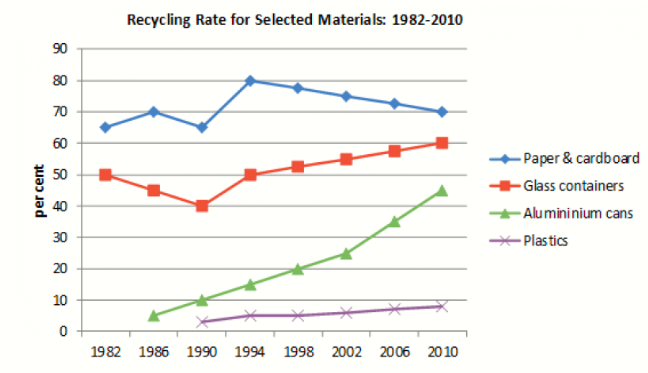Learning English at school is often seen as more important than learning local languages. If these are not taught, many are at risk of dying out. In your opinion, is it important for everyone to learn English? Should we try to ensure the survival of local languages and, if so, how?
A growing number of people opine that studying English slang at the school level as more indispensable than studying other local languages. However, if native languages are not taught at school many of these languages are going to be extinct. This essay will examine with relevant examples in the following paragraphs before drawing a reasonable conclusion.
In contemporary society, people are using the English dialect across the world. Especially English plays a vital cog in child’s career.For instance, many multi-national companies, call centres, and data centres are providing job offers who are proficient in English. Moreover, if students want to study overseas education before they are flying students are attending many English testing exams like IELTS and TOEFL. Because these exams test student’s proficiency levels to what extent they will understand their subject’s practical and theoretical knowledge.
On the other hand, many other local languages are dying out, but we should try to keep them alive. Because these languages are expressing their native culture and the importance of the jargon. In addition to, at the school stage by conducting some competitions like essay writing, open debate and quiz programs on local famous authors, poets, and the freedom fighters at least we can keep them for a long time further generations. Similarly, local governments should come with certain principles like the compulsory inclusion of native language in their curriculum.
In conclusion, it seems to me that in my opinion, especially for people if they want to live in a better world they should have to learn the English jargon and also it ameliorates their growth in career






 Đăng ký
Đăng ký 

Bạn cần đăng nhập để them gia bình luận